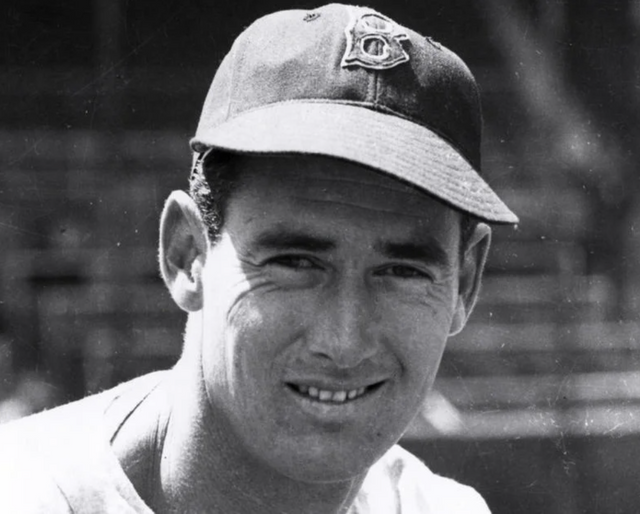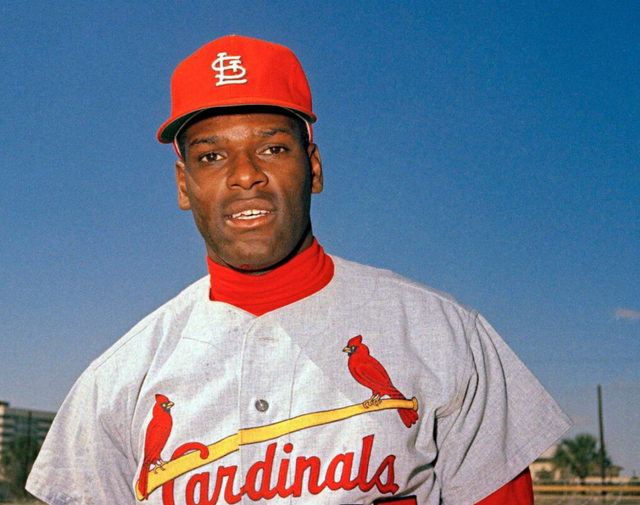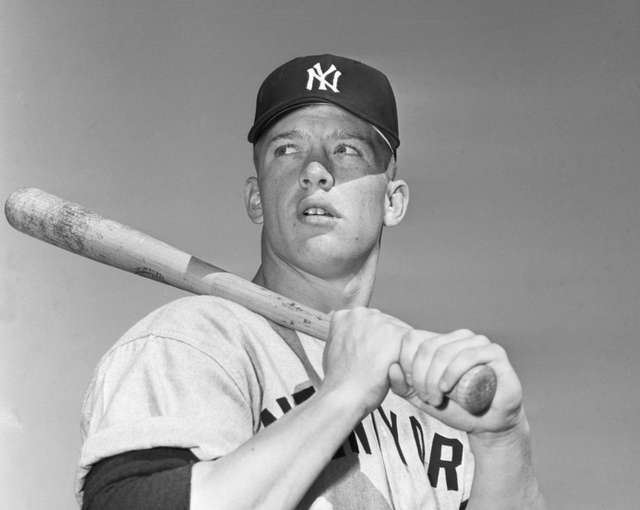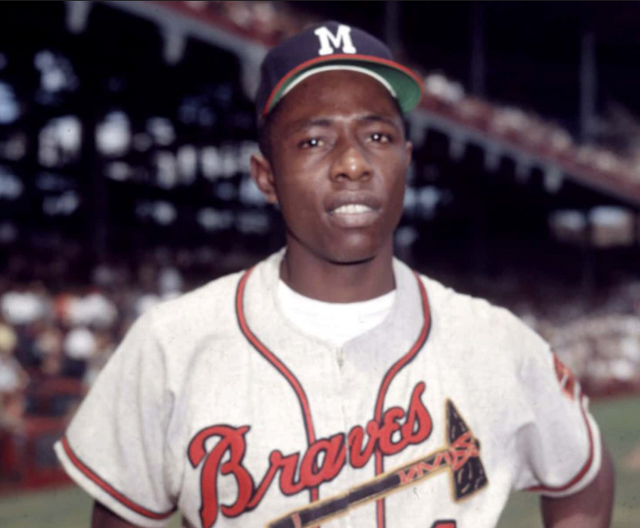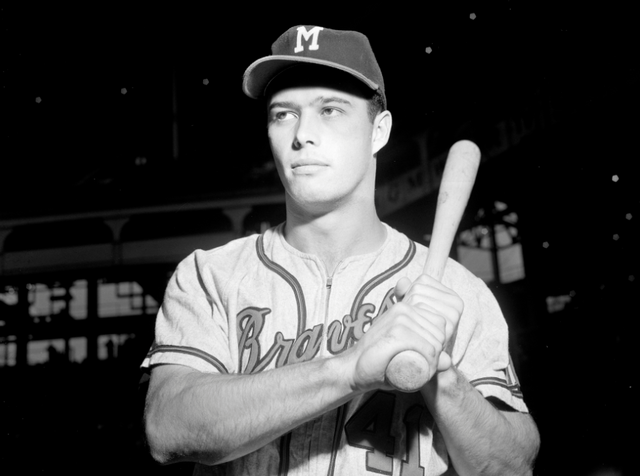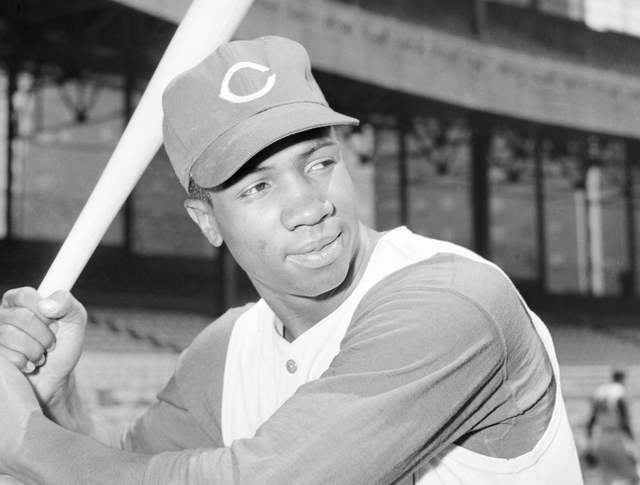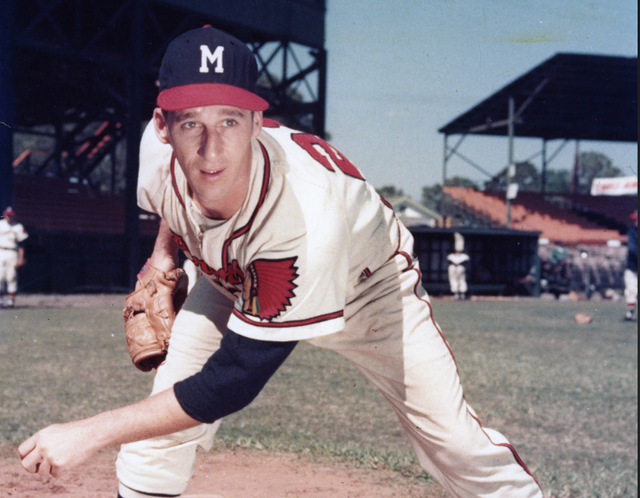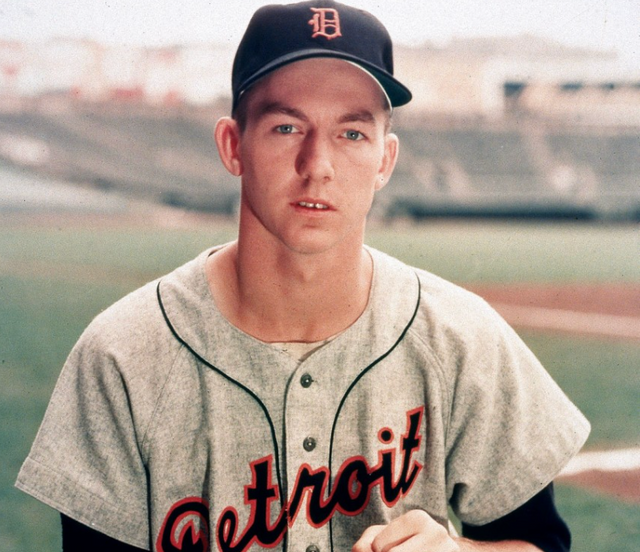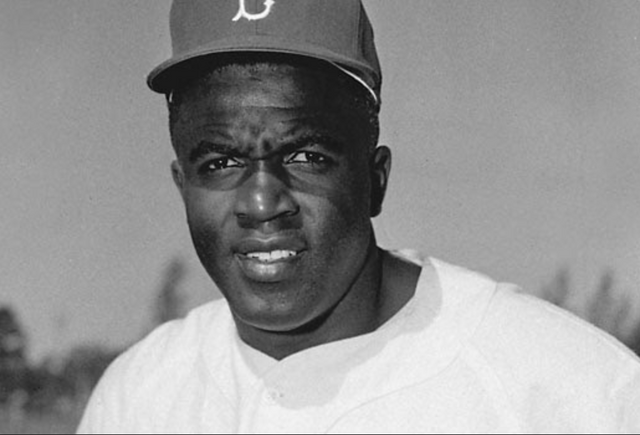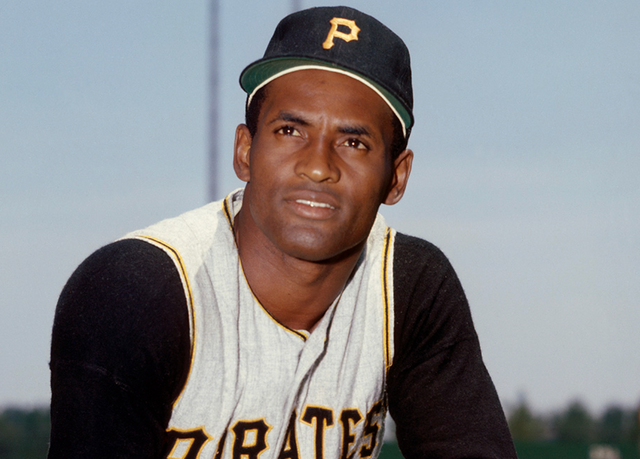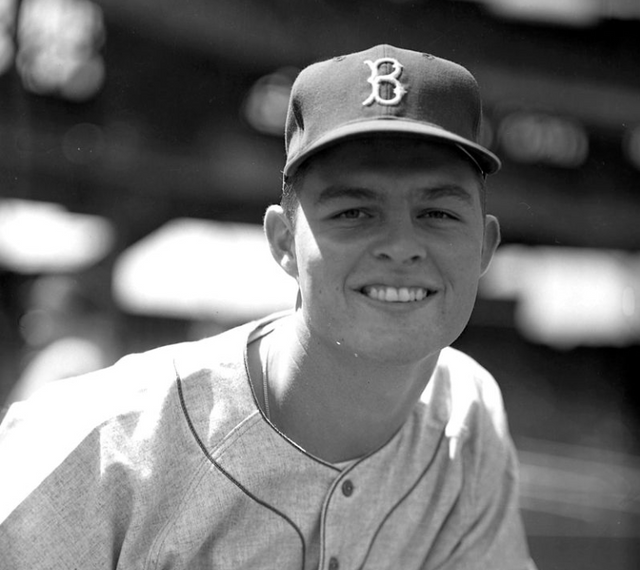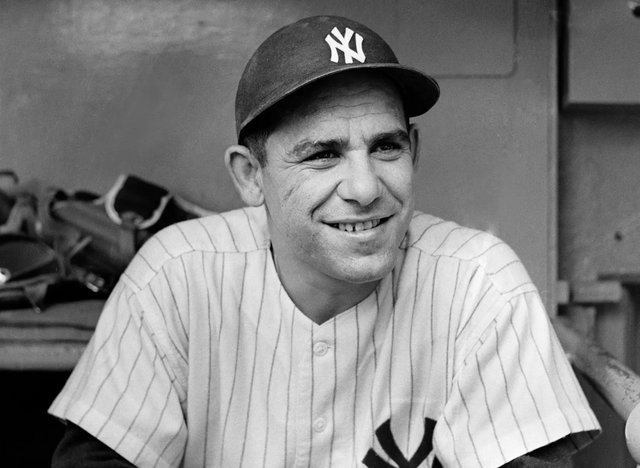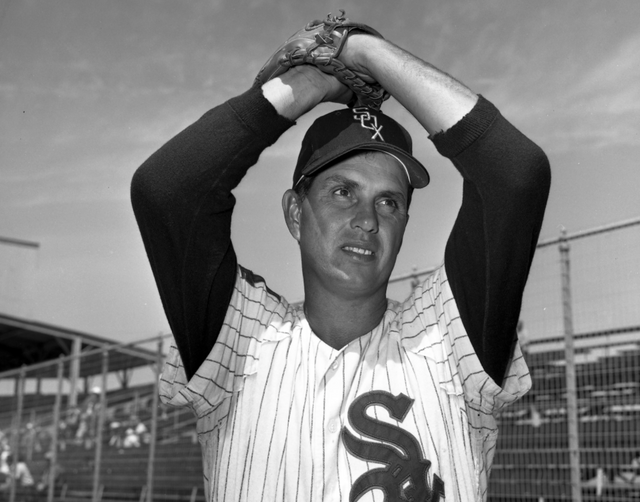Phil Esposito
The Relentless Scorer Who Changed the Modern NHL

Phil Esposito didn’t just rack up goals—he redefined how goals were scored. A dominant offensive force during one of the NHL’s most competitive eras, Esposito played the game with a bruising, opportunistic style that made him an unstoppable presence in front of the net. He wasn’t flashy. He wasn’t fast. But he was relentless, and he revolutionized the art of scoring by making a living in the toughest area on the ice: the slot.
As the centerpiece of the Boston Bruins’ powerhouse teams of the 1970s, Esposito became a cultural icon in New England, a leader in Canada’s most famous international series, and a symbol of the NHL’s transition into a more aggressive, offense-first game. Alongside Bobby Orr, he helped transform the Bruins into must-see hockey and changed the way centers were evaluated for decades to come. Simply put, Phil Esposito ushered in the modern era of NHL scoring—and dared the rest of the league to keep up.
From Sault Ste. Marie to Superstardom: Building a Legend
Born in Sault Ste. Marie, Ontario, in 1942, Phil Esposito began his hockey journey like many Canadian kids—on frozen ponds and in local rinks. But from an early age, Esposito stood out for his tenacity and uncanny ability to get to the puck. After a successful junior career, he made his NHL debut with the Chicago Black Hawks in 1963, where he showed flashes of offensive potential but never fully broke out.
That changed dramatically in 1967, when Esposito was traded to the Boston Bruins in a deal that would go down as one of the most lopsided in hockey history. With the Bruins, Esposito found a system—and a linemate in Ken Hodge—that allowed him to play his game: plant himself in front of the goalie, battle for rebounds, and bury everything in sight. Add in the transcendent talent of Bobby Orr from the back end, and Esposito’s game skyrocketed. From that point on, he became the league’s most dominant offensive force.
Career Stats and Accomplishments
- NHL Games Played: 1,282
- Goals: 717
- Assists: 873
- Points: 1,590
- Stanley Cup Championships: 2 (1970, 1972 with the Boston Bruins)
- Hart Memorial Trophy (MVP): 2 (1969, 1974)
- Art Ross Trophy (Leading Scorer): 5 times (1969, 1971–1974)
- First player in NHL history to score 100 points in a season (finished with 126 in 1969)
- Led NHL in goals six times, including a then-record 76 in 1970–71
- NHL All-Star: 10 selections
- Inducted into the Hockey Hall of Fame: 1984
- Founding member and first GM of the Tampa Bay Lightning
Defining Moments and Stories from an Iconic Career
The 1972 Summit Series – Canada’s Voice and Soul
While much of the attention in the 1972 Summit Series between Canada and the Soviet Union went to Paul Henderson’s game-winning goal, Phil Esposito was the emotional leader of Team Canada throughout the entire series. In the face of criticism and growing pressure back home, Esposito delivered impassioned interviews and fearless play, finishing with 13 points in 8 games. His honesty and leadership helped rally the team—and the country—during one of the most politically and emotionally charged hockey events of the 20th century.
76 Goals in 1970–71 – The Standard for Scoring
In the 1970–71 season, Esposito put together one of the most dominant campaigns in NHL history, scoring 76 goals and 152 points—shattering records and establishing a new benchmark for offensive production. For over a decade, that 76-goal mark stood as the NHL record until Wayne Gretzky broke it in the 1980s. Esposito’s performance that season changed what people believed was possible in a single year.
The Trade to New York – A New Chapter
In 1975, Esposito was traded to the New York Rangers, where he played the final six seasons of his career. Though no longer in his statistical prime, he remained a respected leader and productive center, helping guide a younger Rangers team and later transitioning into a front-office role. He eventually became general manager and head coach of the team in the 1980s, extending his influence beyond the ice.
Key Cards That Capture the Esposito Era
1965 Topps #116 – Rookie Card (Chicago Black Hawks)
Phil Esposito’s rookie card, issued while he was still with Chicago, has become one of the most iconic vintage hockey cards of the era. It’s a must-have for collectors, with high-grade examples commanding significant value due to their rarity and importance.
1970 O-Pee-Chee #1 – Coming off First Cup Title
This card was released after Esposito led the Bruins to their first Stanley Cup in 29 years. It’s a beautiful tribute to his dominance at the height of Boston’s golden era and features the clean, classic O-Pee-Chee design collectors love.
1972 O-Pee-Chee #100 – Summit Series Year
Issued during one of the most historic years in Canadian hockey history, this card is a time capsule from the season Esposito helped secure international hockey glory. It’s especially meaningful to collectors focused on national pride and international moments.
The Lasting Legacy of Phil Esposito
Phil Esposito wasn’t just a great scorer—he was a transformational figure in the evolution of the NHL. He brought a new physicality and directness to the center position, proving that goals weren’t always born from finesse—they could be created through force of will, positioning, and fearless play in the dirty areas of the ice.
Off the ice, he became one of hockey’s most passionate ambassadors. His leadership in the 1972 Summit Series turned him into a national icon in Canada, and his post-playing career saw him co-found the Tampa Bay Lightning, helping expand the NHL into non-traditional markets. His broadcasting and executive roles proved that he was just as impactful with a mic or in the front office as he was with a stick.
But perhaps most importantly, Esposito gave fans something unforgettable: a true goal scorer’s mentality, unapologetically aggressive, ruthlessly consistent, and emotionally charged. He wasn’t trying to be graceful—he was trying to win. And he did—over and over again.
When we talk about the greatest centers in NHL history, the conversation cannot happen without Phil Esposito. He changed the game, carried the torch for his country, and left behind a legacy of passion, production, and pride that few players can match.
More Player Collections
-
Product title
$12.34 -
Product title
$12.34 -
Product title
$12.34 -
Product title
$12.34 -
Product title
$12.34 -
Product title
$12.34 -
Product title
$12.34 -
Product title
$12.34 -
Product title
$12.34 -
Product title
$12.34 -
Product title
$12.34 -
Product title
$12.34

